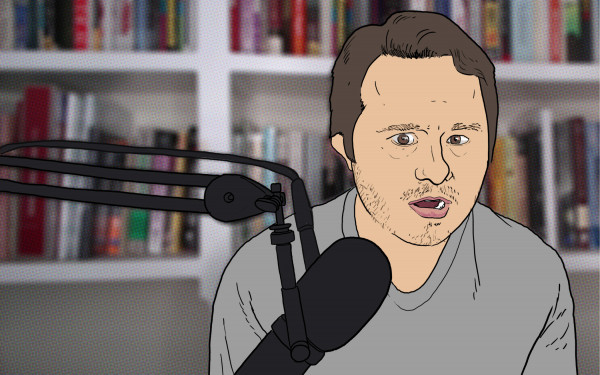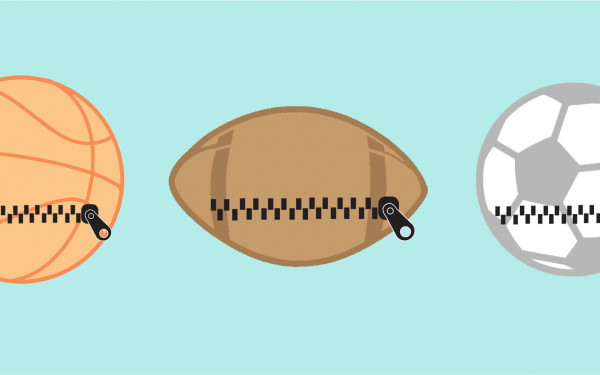“I Think We Are Supposed to be Shit Disturbers”
Parliament Hill Reporter Jennifer Ditchburn Speaks at Concordia
Behind the scenes of Parliament Hill, journalists like Canadian Press reporter Jennifer Ditchburn bring us the ups and downs of Canada’s political hotbed.
But between the government’s reluctance to share information and personal attacks like those made against Ditchburn herself, this role might not always be easy to bear. At a discussion held on Friday at Concordia University, Ditchburn explained the important role that political reporters play in maintaining democracy as well as the challenges that she encounters in this role.
“I find that the journalists are criticized a lot as being sensationalists, low-ethics and biased,” said Ditchburn. “But I think we are supposed to be shit disturbers. It’s a sign of healthy democracy if you have reporters demanding answers for public accountability.”
From Senator Mike Duffy’s expense claims to the fake citizenship ceremony set up by news channel Sun TV and some bureaucrats, she discussed a few scandals within her 16-year career as a political journalist.
“It is kind of a badge of honour when someone says, ‘Wow, that minister really hates you,’” she said, laughing.
But behind jokes lie some truth; investigating politics can be very challenging.
“The Conservatives don’t want to have their message filtered, and medias are filters,” she said.
She said she feels access to information has been made more restricted since the Conservatives came to power in 2006. She said reporters used to meet every week with the previous prime minister, and could get detailed information just by calling the communications department. Now, Prime Minister Stephen Harper is more inaccessible and getting an accurate response to an email can take days, according to Ditchburn.
“It’s about controlling your message,” said Ditchburn. “They want to directly communicate with the public without going through [the media].”
By presenting opposite sides and providing context, she said the media create space for public criticism and questioning of the government’s messages. “Analysis and context complicates things for the government,” she said.
Still, she thinks this conflicting relationship with media is independent of political affiliation. “To be honest, I think if the NDP came to power, they would probably adopt the same media management strategy,” she said.
Personal attacks can also be a burden. For example, after Ditchburn reported on Senator Patrick Brazeau’s poor Senate attendance record last year, he called her a “bitch” on Twitter.
“I don’t like personal attacks, it’s difficult,” she said. “I try to think that those attacks are not personal, but unfortunately in politics some are trying to make it personal.”
She feels the main issue with those attacks is that the story changes focus. “Journalists don’t like to be a story,” she said, adding that it takes away a reporter’s power. “When you become part of a story, you cannot write about it anymore.”
But in the golden age of social media, it can happen faster than we think. “I regretted things I tweeted before,” said Ditchburn.
As advice to future journalists, she said it is essential to always keep that in mind. “Try to make sure you are not injecting a judgment or opinion about a story,” she said.

_900_600_90.jpg)

WEB_600_375_90_s_c1.jpg)

_600_375_90_s_c1.jpg)
